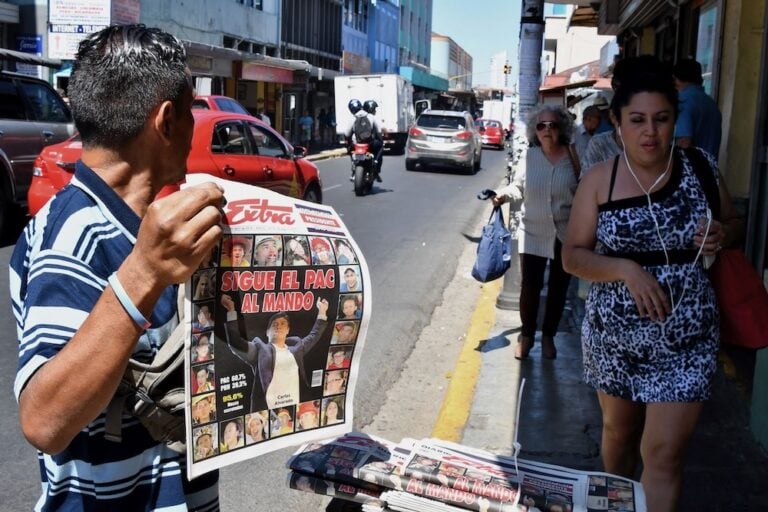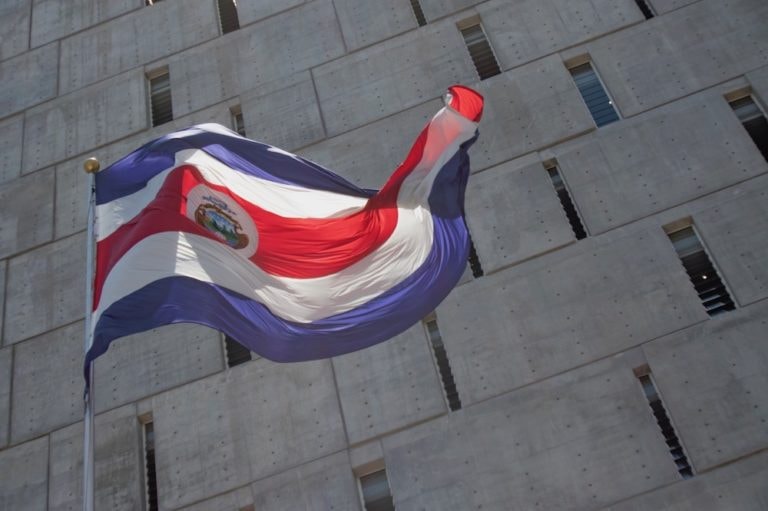A new Executive decree declared a series of documentes relating to public security to be “state secrets.” The decree was signed by Costa Rican President Jose Maria Figueres and entered into effect on 3 May 1996, when it was published in “La Gaceta”, the official government newspaper. It declared as state secrets documents dealing with […]
A new Executive decree declared a series of documentes relating to
public security to be “state secrets.” The decree was signed by
Costa Rican President Jose Maria Figueres and entered into effect
on 3 May 1996, when it was published in “La Gaceta”, the official
government newspaper. It declared as state secrets documents
dealing with police efforts to control drug trafficking and money
laundering (specifically, in the original Spanish: archivos y
registros sobre “identificacion de trasiego de actividades
conexas”; “los registros de los vehiculos de uso de la policia
encargada del Control de Drogas no autorizadas y actividades
conexas…”; “los registros de armas de Arsenal Nacional y los
registros de cada una de la Unidades Policiales”; y “los
expedientes para la adquisicion de armas y municiones de Estado ya
sea mediante compra, permuta o donacion…”).
In the second of three articles outlines legal sanctions against
those who reveal secrets — penalties that run from one month to
six years in prison.
According to IAPA, the decree is “contrary to the fundamental
principles of freedom of expression.” IAPA urged the Costa Rican
government ot lift the decree.
For recommended actions, addresses for appeals and further
information, contact Ricardo Trotti at IAPA, 2911 N.W. 39th St.,
Miami FL 33142 USA, tel: +1 305 634 2465, fax: +1 305 635 2272, e-
mail: siptroti@aol.com
Appeals To


